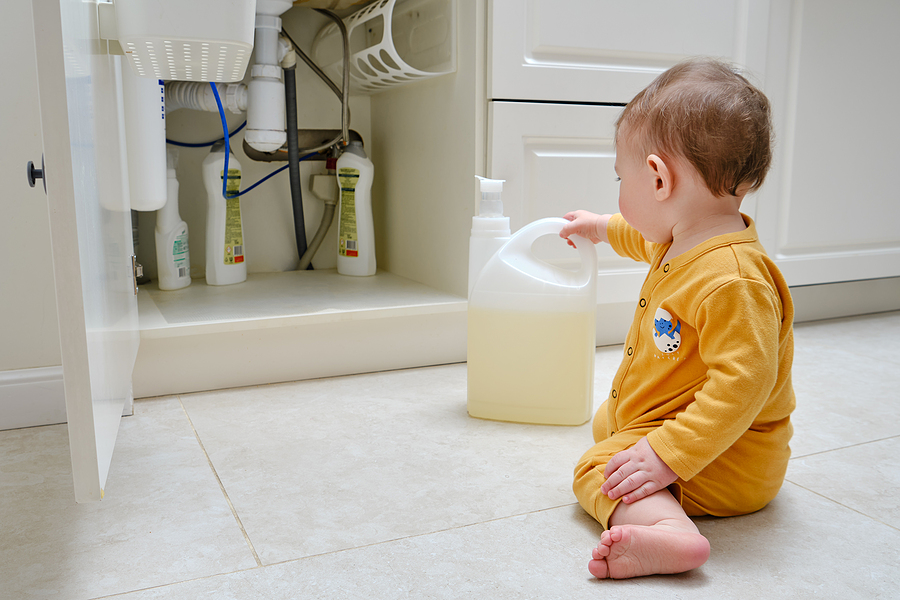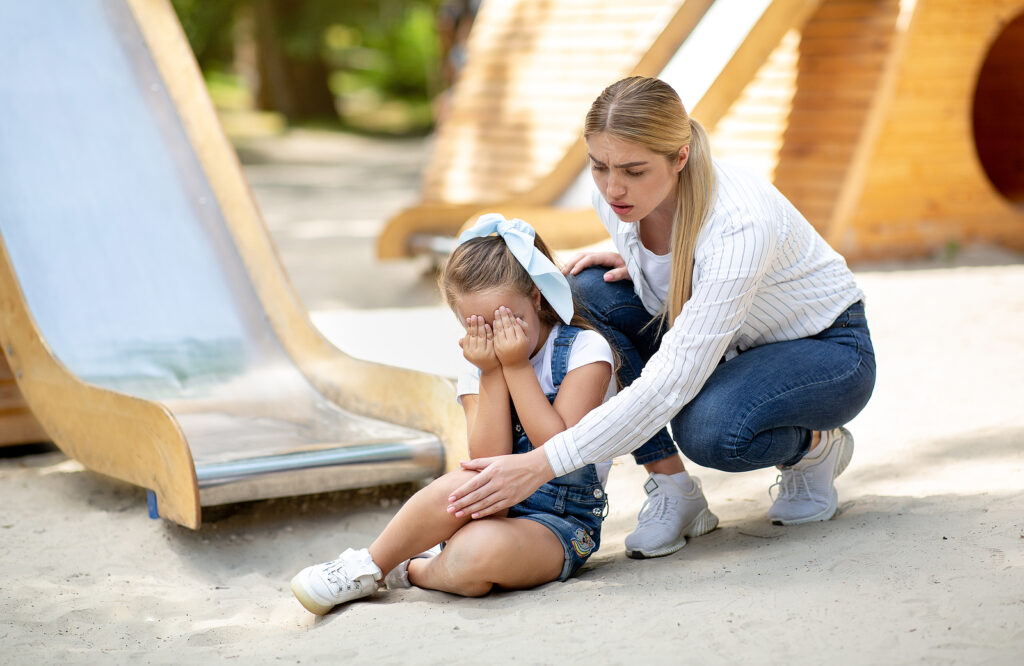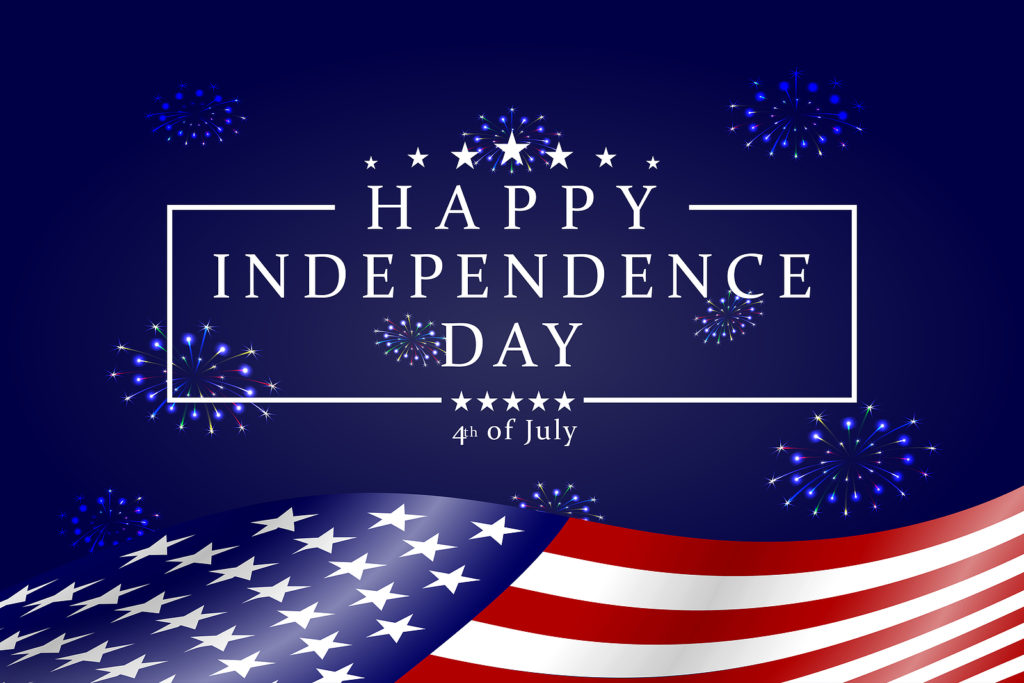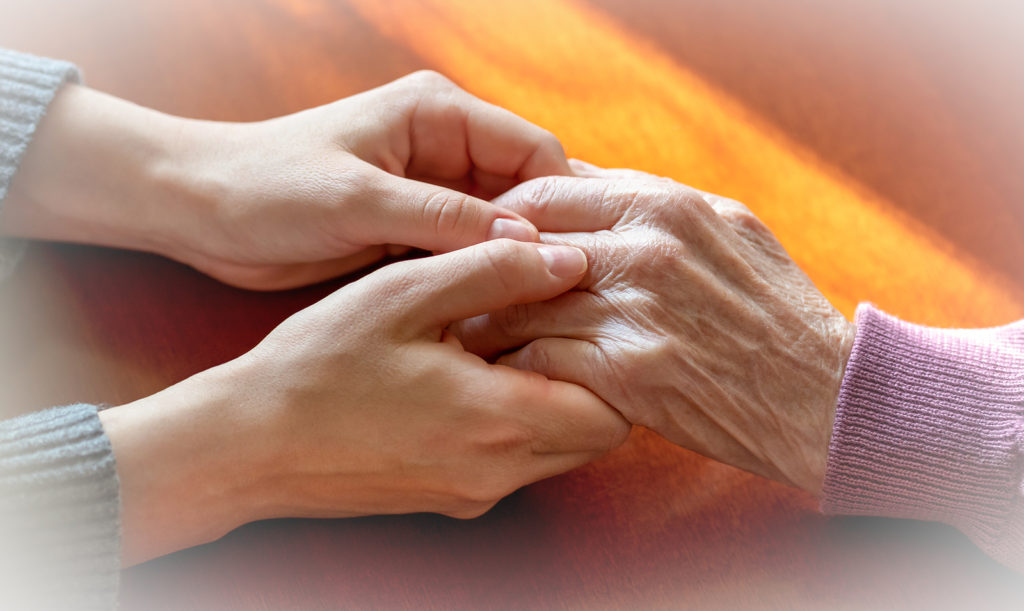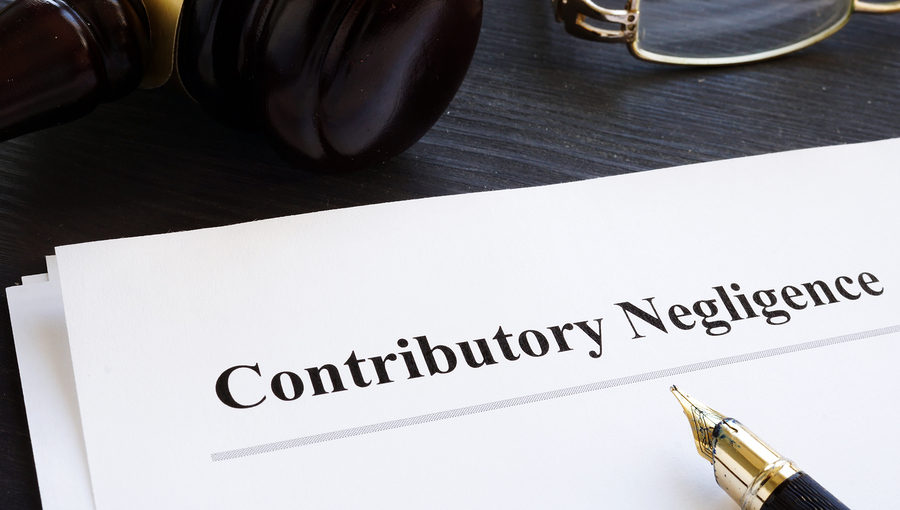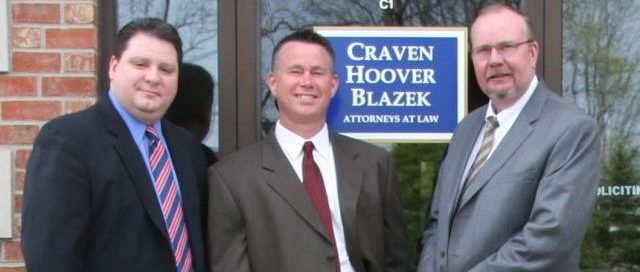Swimming pools are a great way to cool off in the summer and have fun with friends and family. But parents should always be aware of the potential dangers that can come from unsupervised swimming. Every year, hundreds of children drown or suffer serious injuries due to negligent supervision or premises liability issues related to swimming pools. In this blog post, we’ll discuss what parents need to know about the risks associated with unsupervised swimming and how they can help keep their kids safe while enjoying themselves at the pool.
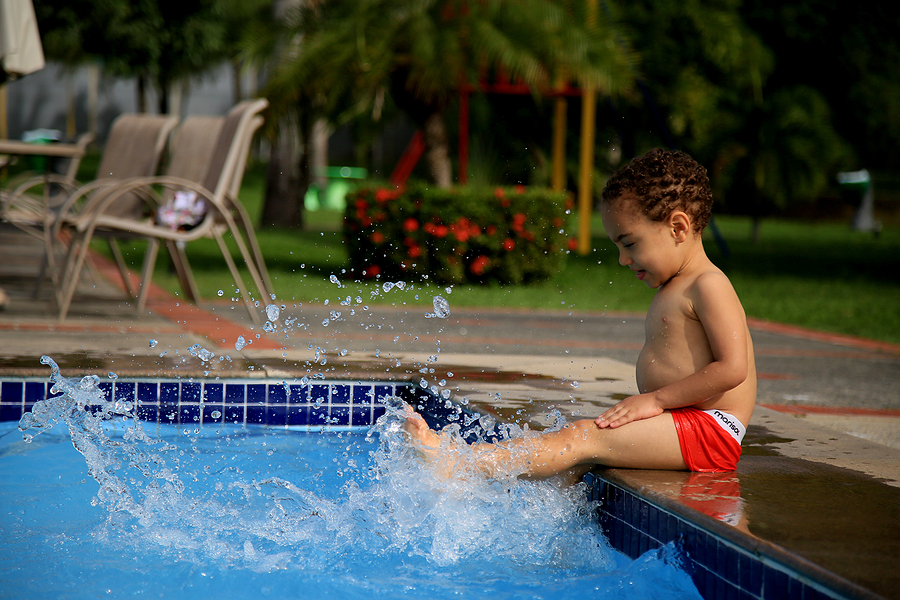
Swimming Pool Safety Advice That All Parents Need to Know
Swimming pools can be a source of great fun and relaxation, but they can also be dangerous. When it comes to swimming pool accidents, liability could fall on the property owner or the supervisor of the area. Premises liability refers to the responsibility of a property owner to provide a safe environment for guests. If a pool has hazards or insufficient safety measures, the owner may be liable for any accidents that occur. Negligent supervision also plays a role in swimming pool accidents. Lifeguards and supervisors have the responsibility of keeping swimmers safe and preventing accidents. Failure to properly supervise could result in serious injury or even death.
It is important for pool owners and supervisors to take appropriate safety measures to prevent accidents and ensure the safety of all swimmers. Here are some key considerations:
Understand the Real Risk of Drowning
First, parents need to understand that drowning can happen quickly and silently. It only takes a few seconds for someone to be submerged beneath the water without anyone noticing. That’s why it’s so important for parents to always keep an eye on their children when they’re in or around the pool.
Teach Kids About Pool and Swimming Safety
Second, it is essential for parents to ensure that their children are familiar with swimming safety rules. One of the most important rules is that no one should ever swim alone; there should always be at least one other person present who can monitor activity and provide help in case something goes wrong. Additionally, young children who cannot swim should never be allowed in pools without direct adult supervision.
Look for Pool Hazards and Plan Around Them
Third, it’s important for parents to be aware of any potential hazards in and around the pool. Poor maintenance can create trip-and-fall hazards or lead to water contamination, while poor fencing can allow unsupervised access to the pool area. Parents should also check that there are no broken tiles or other debris on the bottom of the pool that could pose a danger.
Use Age-Appropriate Flotation Devices
Finally, parents should always make sure their children are wearing life preservers when they go near or into a body of water. Life jackets and other flotation devices provide an extra layer of safety to ensure your child is protected if something goes wrong. Be sure to fit your children in the proper sizes when using arm floaties, waist belts, and life jackets. If these flotation devices are too large, kids can slip right out of them.
Hire a Personal Injury Law Firm After a Wrongful Accident
By understanding these risks associated with unsupervised swimming, parents can help ensure their family has a safe and enjoyable time at the pool. However, if you or your child have been injured due to swimming pool accidents or negligent supervision, it is important to seek legal advice on your rights and options moving forward.
A personal injury lawyer who has experience in swimming pool and drowning accidents can provide legal representation and help you protect your rights. They can investigate the incident, gather evidence, and represent you in negotiations with insurance companies and legal proceedings should a lawsuit be necessary. With their experience and knowledge, a personal injury attorney can help you get the compensation you deserve and help try to close this traumatic chapter in your life. Don’t hesitate to reach out for help after a swimming pool accident, and always remember that a personal injury lawyer can make a big difference on whether or not you will attain justice.
Were you or your loved one seriously injured in a swimming pool accident in Indiana or while traveling out of state? Contact the Law Office of Craven, Hoover, and Blazek P.C. at 317-881-2700 to schedule a free initial consultation with an Indianapolis personal injury lawyer who has experience with claims involving claims for child injuries, premises liability, wrongful death, and more. We represent clients throughout the state of Indiana and Indiana residents injured in other states.
Related Posts:
Frequently Asked Questions About Swimming Pool Accident Claims
Who’s Liable for a Drowning Accident in a Private Swimming Pool?
Frequently Asked Questions About Summer Camp Accidents and Liability


